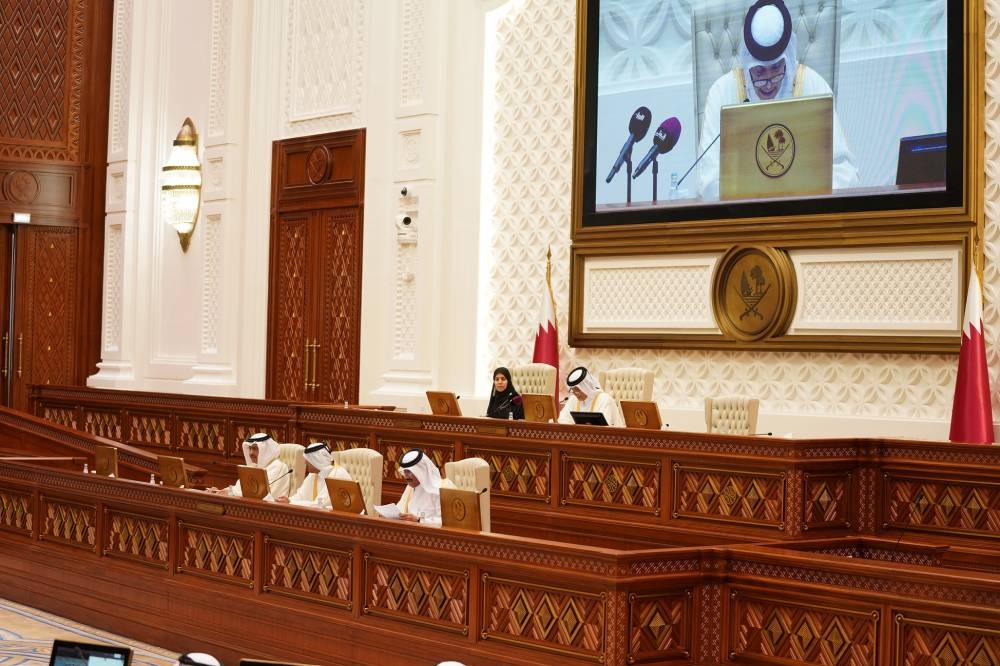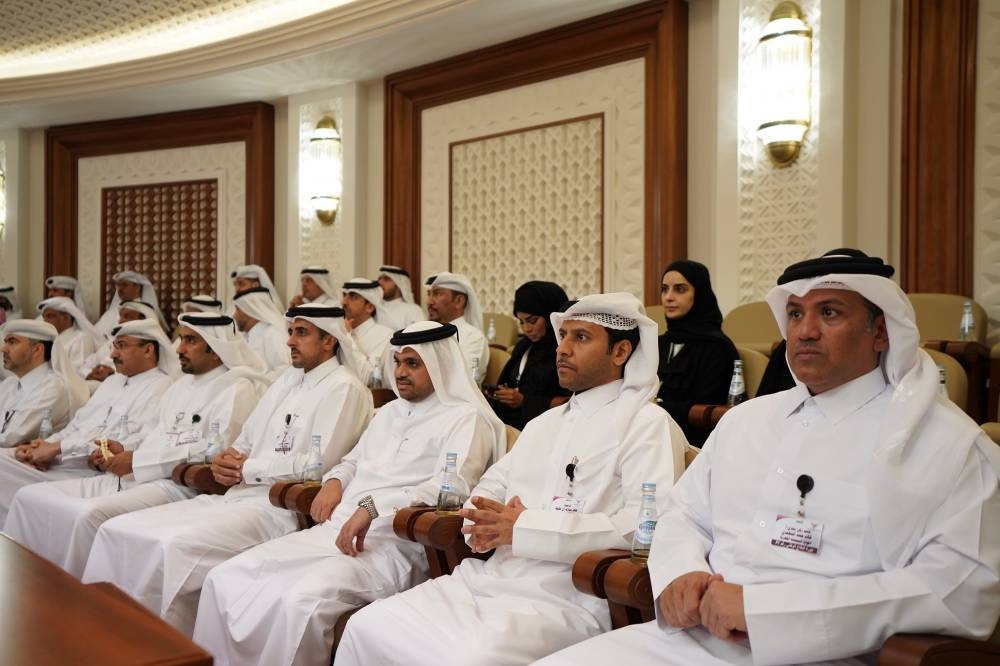The Shura Council has submitted a proposal to the government listing a number of measures to protect the environment and curb encroachments in wildlife areas.
The council took the decision to submit the proposal after discussing the findings of a report of the Public Services and Utilities Committee on the issue, and presenting solutions to protect the environment, the official Qatar News Agency (QNA) reported.
This came at the council's regular weekly meeting held at Tamim bin Hamad Hall under the chairpersonship of HE Speaker of the Shura Council Hassan bin Abdullah al-Ghanim.
The council reviewed the report following a request for general discussion submitted by a number of Shura Council members on violations committed by some individuals and companies and their impact on wildlife.
The proposal includes a number of suggestions "that would contribute to reducing encroachments and providing the necessary protection for the environment", QNA said. These include the formation of a co-ordinating committee to achieve co-operation between all relevant official authorities, enhance control over violations, ensure the preservation of the environment, dispose of polluting waste in appropriate ways, monitor violations at the highest levels, and follow up on what may result from industrial and medical violations.
The proposal links inspectors' bonuses and financial incentives to the violations detected. It also seeks to provide nationwide landfills for construction, demolition and excavation waste, and large containers for agricultural waste, specially near farms, in addition to co-operation with the private sector in increasing the number of recycling companies to get rid of such waste. Further, it has proposed intensifying efforts at checkpoints round the clock at the entrances and exits of some areas, especially those where waste is repeatedly thrown.
The proposal points to the need to spread the culture of preserving the environment and reducing pollution through guidelines and media awareness.
Earlier, at the beginning of the meeting, HE Secretary-General of the Shura Council Ahmed bin Nasser al- Fadhala read out the agenda of the session, and the minutes of the previous session were approved.
"In this context, the council hailed the efforts made by the esteemed government, in pursuit of Qatar National Vision 2030, highlighting its strategies to protect the local environment and achieve sustainable development," the report added.
The council affirmed its keenness to ensure the continued protection of the environment as the main component of the culture and history of the Qatari people, stressing the need to achieve a balance between environmental, economic, social and human development to ensure a sustainable future for Qatar. It noted that the responsibility to preserve the environment requires unremitting efforts and co-operation among all public and private agencies and sectors of the State.
Over a series of meetings, the Public Services and Utilities Committee had hosted several specialists and stakeholders from the ministries of Municipality and Environment & Climate Change, to listen to their views on environmental violations and the efforts made by the two ministries to reduce them.
During Monday's meeting, the Shura Council also reviewed a draft law amending some provisions of Law No. 29 of 2006 regarding building control, which was referred to the council by the government. The council decided the draft law to be referred to the Legal and Legislative Affairs Committee to scrutinise and issue a report regarding the same.
The session also reviewed a proposal on Qatar's cultural heritage project associated with the FIFA World Cup Qatar 2022, in order to preserve the gains achieved from hosting the event and build on it to achieve more in the future.
This project aims to contribute to strengthening the Qatari identity, consolidating the gains made to inspire current and future generations, documenting the legacy of Qatar's hosting of the tournament, and introducing this legacy in various languages to the world.
The proposal includes inviting all governmental and private state institutions and individuals to participate in this project, and it also included a number of programmes.
After discussing the proposal and exchanging views on it, the council decided to submit a proposal for the government on the aforementioned subject.
Further, the council reviewed the report of HE Shura Council Member Ahmed bin Ebrahim al-Malki's participation in a virtual parliamentary meeting organised by the Inter-Parliamentary Union in January, which investigated if hybrid working will become the 'new normal' for parliaments.
While reviewing the report, HE al-Malki said the meeting discussed how hybrid work affects the legislative and oversight functions of parliaments, and to what extent this type of work can make parliaments more modern and take gender differences into account, and how to ensure the parliament would withstand future emergencies.






